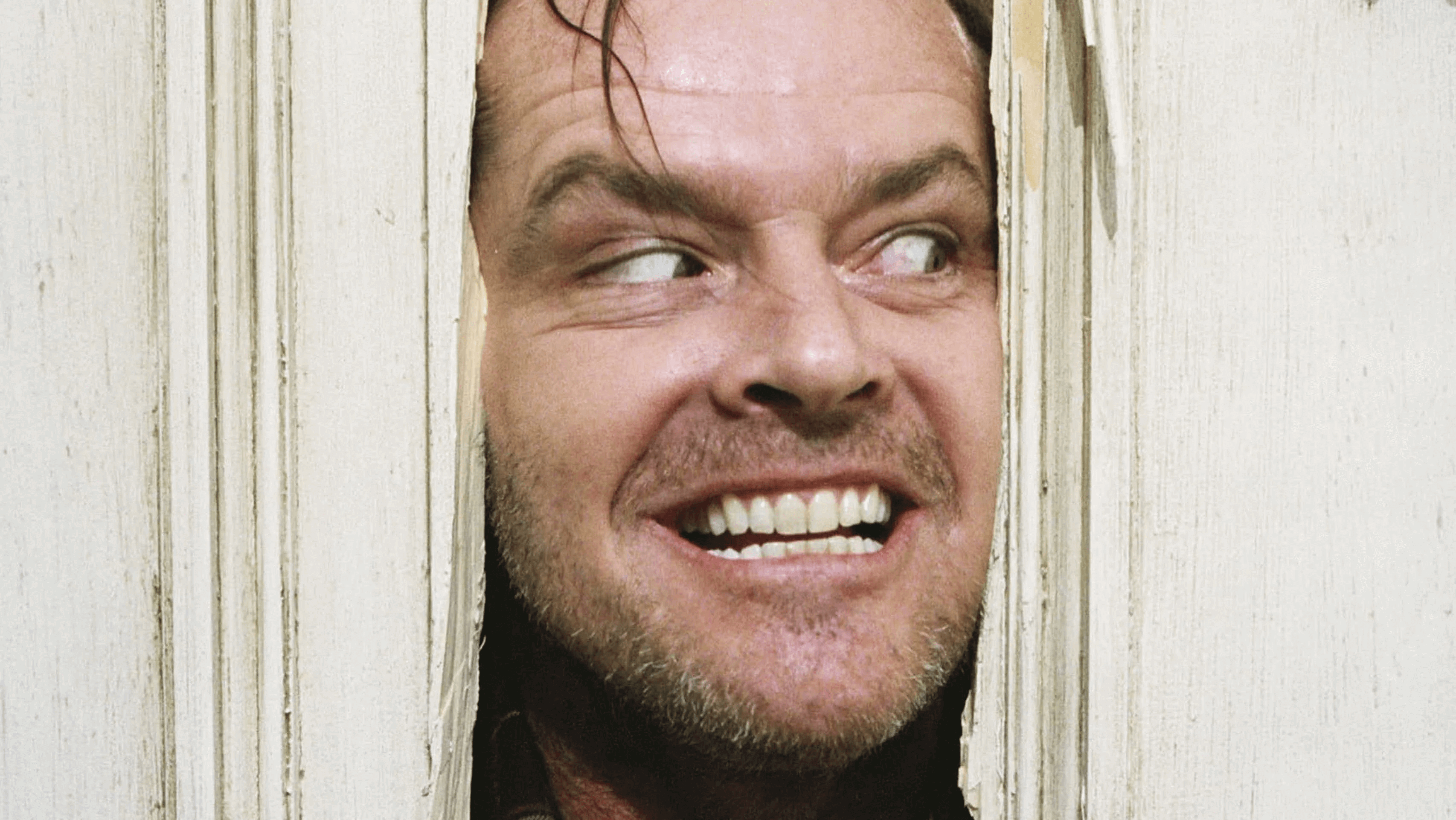The beat of the poem.
Central idea or message that recurs in or pervades a work of art or literature
Theme
To restate a word or phrase again and again for emphasis.
Repetition
What shot type is used when a subject's face is fully in the frame?

Close-up shot
The flaming hot cheetos were so hot, my tongue turned to ashes.
Hyperbole
She walked in the room like a supermodel on a catwalk.
Simile
The attribution of a personal nature or human characteristics to something non-human, or the representation of an abstract quality in human form.
Personification
The type of perspective in which the narrator uses pronouns such as, "he", "she", "they" etc.
Third person
A question that doesn’t need to be answered because the answer is made obvious.
Rhetorical question
When the camera moves from left to right on a stationary axis.

Panning shot
The whistle of the kettle awoke her from her daydream.
Onomatopoeia
He pleaded for her forgiveness but Janet’s heart was ice.
Metaphor
The repetition of vowel sounds in a line of poetry.
Assonance
The most dramatic part of a story.
The climax
The use of words such as ‘we’ or ‘our’ to create the impression that the speaker and the audience are on the same side of the issue.
Inclusive language
A shot type often used to establish the scene or general location. Any subjects in the frame are small and unrecognisable.

Extreme long-shot
Hey y'all, ya wanna go to Maccas?
Colloquial language
Phyllis was a famous photographer from Philadelphia.
Alliteration
The picture that forms in our heads due to vivid description, concrete nouns, and powerful verbs - also appeals to one or more of our five senses.
Imagery
This term describes the way authors create characters and make them believable by giving them distinct characteristics. Characters can be described as being rounded or flat.
Characterisation
When you tell a story from your own life to make a comparison between two things, typically for the purpose of explanation or clarification.
Analogy
When the camera is lower than a subject and 'looks up' at it, what angle is this?

Low-angle shot
Her voice was music to his ears.
Metaphor
Looking at her son's messy room, Mom says, "Wow, you could win an award for cleanliness!"
Sarcasm
What technique describes the continuation of a sentence or phrase from one line of poetry to the next?
Enjambment
This technique is used to recount events that happened before the story's primary sequence of events to fill in crucial backstory.
Flashback
Speakers think carefully about the words and phrases they use. They choose particular words that have a certain idea or feeling associated with them. What technique is this referring to?
Connotations
What type of camera is often used to create 'shaky' footage that creates a sense of realism? (Often used in documentary films)
Hand-held camera
Hear the mellow wedding bells...
Assonance
The seven silvery seahorses floated through the sea.
(*N.b. Alliteration not accepted for this question, even though it is technically correct!)
Sibilance
An expression designed to call something to mind without mentioning it explicitly; an indirect or passing reference.
Allusion
When a writer suggests events or outcomes that will happen later in the story, using either characters or objects within the story.
Foreshadowing
A trite, overused phrase. Writers are often discouraged from using these but they can be an effective and simple way to convey ideas to an audience.
Cliche
Sound that originates from within the video or film's world is called?
Diegetic sound
This is the beginning of the end.
Paradox
The restaurant was very busy, and the kitchens were organized chaos.
Oxymoron